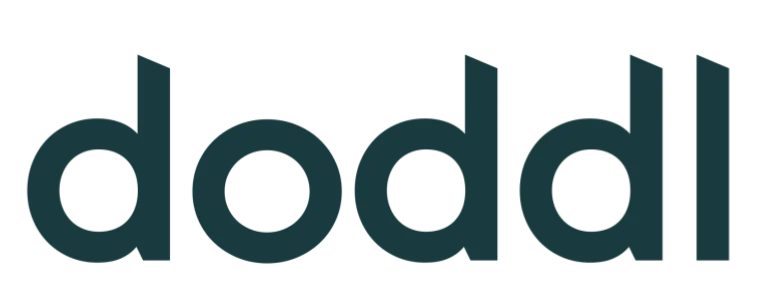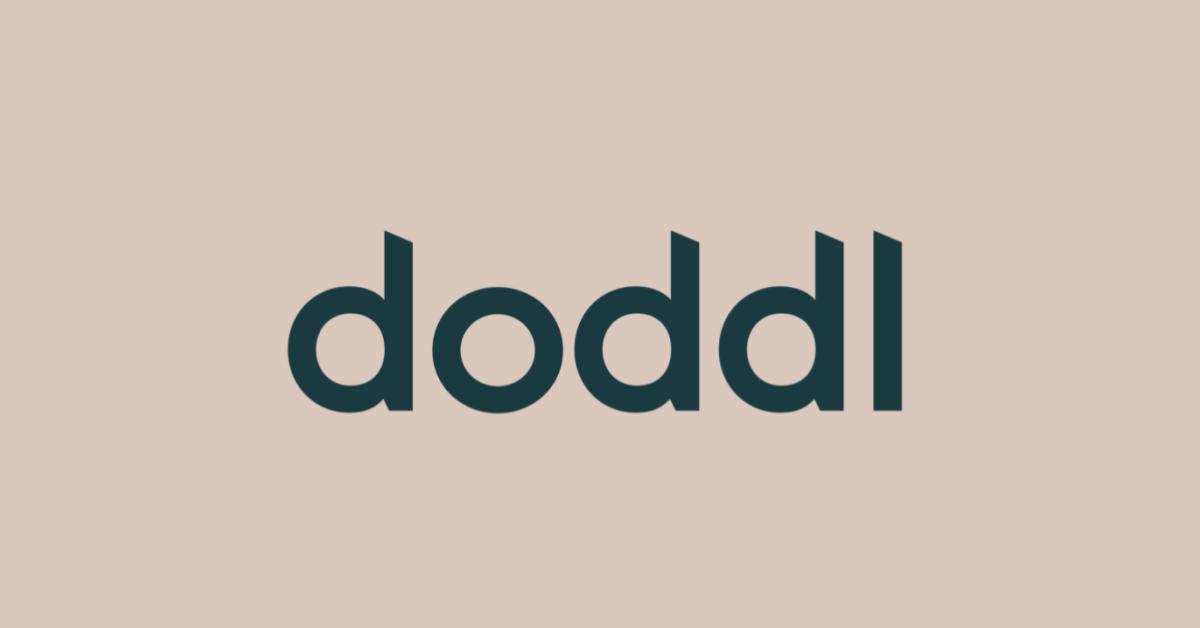80% of new mortgages were drawn down on fixed rates last year. Fixed rates are lower than variable rates which is one of the reasons they are so popular right now but also mortgage holders value the security of knowing what their repayments will be and having a set monthly repayment. Even though 7 and 10 year fixed rates have always been available on market, uptake has been low, the Irish consumer tends to favour short term fixed rates for periods of 2, 3 and 5 years.
A period of low rate mortgages
We are in a period of low rates so it is a good time to consider fixing. The range of fixed rates for new mortgage holders varies considerably by lender, for example at 80-90% loan to value a 5 year fixed rate can be anywhere from 3% down to 2.5%. The higher rates tend to be with offerings which include 2% cashback. There are some excellent Green rates available where BER is B3 or higher most notably the introduction of Haven Mortgages 4 year fixed rate up to 90% loan to value at 2.15%.
First time buyers
If you are a first time buyer looking for security over repayments while you settle into your property you may be interested in a shorter term fixed option which are also some of the lowest rates on market. If you are a mover or switcher with a strong loan to value then locking into some of the longer term fixed rates could be worth considering.
Existing mortgage holders
Rates are tiered by loan to value and the main threshold from which rates become a lot more competitive is 80% or lower. If you have an existing mortgage and are rolling off a fixed period it is important to understand what your loan to value might be and how this could impact rate with your current lender or by switching mortgage to an alternate lender. Property values are strong presently and so now is a good time to review rates available on market to ensure you are getting the best rate for your loan to value.
There are still over 200,000 household on standard variable rates of up to 4.5% who could be reducing their interest rate substantially even with their own lender by looking to move from standard variable to a fixed rate. Call your bank, ask what rate you are paying, ask what other rates they could offer you then check if you can save by using our mortgage switching calculator.
The lowest fixed term rate in Ireland
Avant Money currently have the lowest rates on market with 3-7 year fixed rates starting at 1.95%. They also offer a fixed rate for the term of your mortgage under their ‘One Mortgage’ product with terms of up to 30 years fixed available. Finance Ireland launched their new innovative fixed rates in May and offer 10, 15 and 20 year fixed rates that ‘waterfall’ as your loan to value decreases. What this means is your rate is set at time of draw down and a rate path is identified such that as your loan to value decreases at 10% thresholds then so too will your rate. Finance Ireland and Avant Money have also addressed some the inherent issues with fixed rate specially early repayment penalty and portability by capping the potential break penalty and allowing their longer term rates to be ported if a fixed rate mortgage holder wants to move home.
Green mortgage rates
Green rates from Haven Mortgages at 2.15% up to 90% finance, PTSB 4 year fixed rate (no cashback) 2.25% sub 80% LTV.
Lenders who offer 2% cashback offers have less competitive fixed rates set at closer to 3% for 3 to 5 year fixed rates. Two rates that are competitive with cashback are PTSB 3 year fixed rate <80% loan to value, mortgage €250,k+, rate is 2.5% plus cashback of 2% of the mortgage balance. Haven Mortgages 5 year fixed rate is 2.55% with €5,000 cashback presently where mortgage >€250,k up to 90% loan to value, this is an effective net rate of 2.15% during the 5 year period.
Early Mortgage Repayment Penalty
Fixed rates by their nature mean that you are locked into a fixed rate contract. If you break out of this fixed rate you may incur a penalty. This early repayment penalty is generally calculated based on the cost of funds when you lock into the mortgage versus when you break out of the fixed contract by the mortgage balance at time of breaking out by the number of months remaining on the fixed rate period.
The issue with fixed rates is that you do not know the cost of funds when you lock in, as this is a lenders own funding cost and they do not disclose it, and you don’t know the potential cost of funds at break out as this is a future cost. If the cost of funds decreases you would have a break penalty, if it increases you do not.
Cost of fund is very low currently so this mitigates the risk of a penalty but does not negate it.
In my opinion the unknown quantity of what a break penalty could be is one of the reasons why the Irish consumer has not favoured longer term fixed rates. Yes lenders are entitled to recoup any cost they incur and mortgage holders do enter a fixed rate ‘contract’ but the fact that it’s impossible to determine the potential benefit I don’t believe is fair. Some form of capping I feel would be in a consumers best interests. There are three lenders who have addressed this and who have introduced a capped early repayment penalty, Ulster Bank cap their penalty at max 6 months interest, Avant Money and Finance Ireland have also introduced a percentage cap on potential penalty based on mortgage balance at time of breaking out. This then allows the consumer to identify what the potential maximum cost would be if they did break out and allows them to make a more informed decision.
When on a fixed rate you agree to pay a set amount during the fixed period with limited capacity to overpay and indeed some lenders allow no overpayment. When fixed the same rate applies during the fixed period so even if your loan to value (mortgage balance divided by the value of your property) reduces your rate remains set.
Avant Money, ICS Mortgages and Finance Ireland offer some of the most flexible overpayment options while on a fixed rate, Finance Ireland and ICS Mortgages allow overpayment of up to 20% of the mortgage balance on their less than 10 year fixed products and Finance Ireland allow 10% on their longer term fixed products up to 20 year fixed. Avant Money allow up to 10% overpayment annually on all rates up to 30 year fixed term without penalty.
Ulster Bank allow up to 10% of the capital balance to be overpaid annually, KBC 10% overpayment during the fixed term, BOI allow overpayment of 10% of each monthly repayment so 110% of the contracted monthly payment. PTSB do not allow overpayment to be offset against mortgage balance without incurring a penalty but do allow overpayments to sit as a credit on the account and net against interest. Haven Mortgages do not allow overpayment on their fixed rates but you can split your mortgage and take part fixed and part variable and overpay as you choose on the variable element, Haven Mortgages, part of the AIB Group, have some of the lowest new business variable rates on the market.
Overpayment has a hugely positive impact on the overall interest that you repay, it allows you to accelerate the repayment of your mortgages and reduces the overall interest you repay or cost of credit for the mortgage. If you have the means to overpay by way of monthly income, annual bonus, quarterly commission, then it is really important to understand what options are available for overpayment if considering a fixed rate.
Overall if you felt you could overpay more than the set amounts while on fixed you could split your mortgage and look to take part of your mortgage variable, you can overpay as you choose without risk of penalty while on a variable rate or part variable.
If I fix now, what if rate decrease further or I could be eligible for a lower rate with another lender?
If looking to take out a new mortgage with a fixed rate or sign up to a new fixed rate product on expiry of an existing fixed rate it is hugely important that you consider what rates are available in the market. Market based advice from a specialist mortgage broker is key to understand what rates are available from multiple lenders, what fixed rate term could suit you current circumstances and any flexible benefits such as overpayment. The savings that can be made by choosing the right rate cannot be underestimated, interest is a cost to you, it adds no value to your mortgage so the lower you can get the rate the better.
Rates are tiered by loan to value and generally <60% loan to value, 60-80% and >80% loan to value, as your loan to value decreases so too do rates offered on market. However if you are locked into a fixed rates if rates with your lender decrease or your loan to value decreases you do not have the opportunity to move to these rates, without risk of penalty for breaking out of your current fixed rate, until you roll out of your current fixed rate contract. One of the lenders who has been innovative in this regard has been Finance Ireland who have introduced a fixed rate that will reduce over time. The rate you get when you take out your mortgage is based on your loan to value but uniquely with this fixed rate product if your loan to value drops then so will your rate. Your loan to value will decrease as you make repayments and assuming your value holds or increases.




